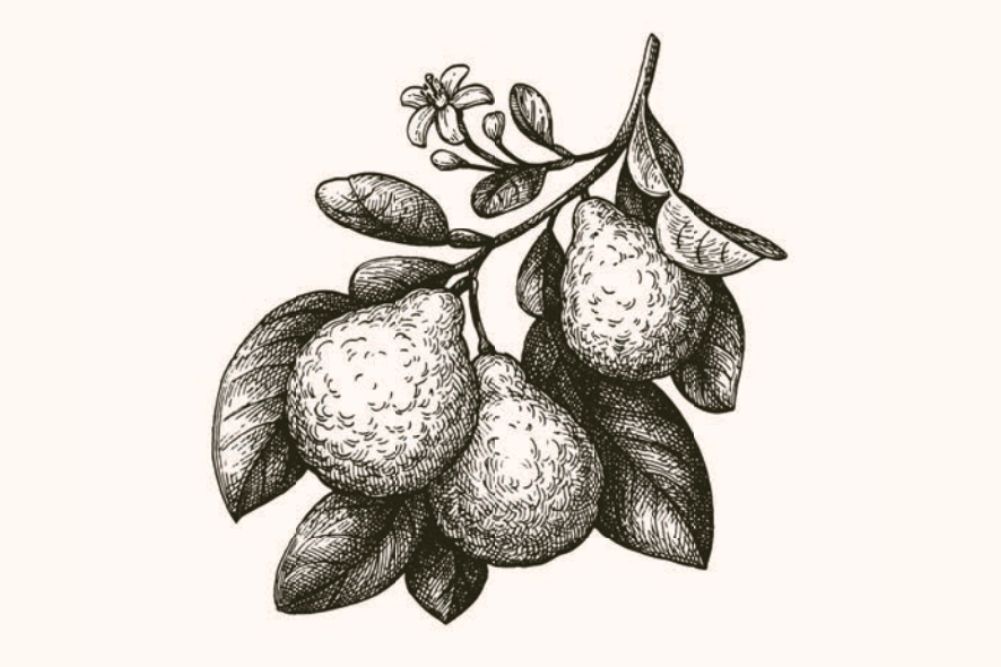The psychology of taste
Taste is an individual thing. How else could we satisfactorily explain sandals worn with socks or Adam Sandler films? Food tastes too are very individual, otherwise deep fried marshmallows could not exist. Yes, taste is a malleable thing; not an objective reality and according to a new study it is even more mutable than we thought. It seems that even the nature of the cutlery that you use when eating changes how you perceive the taste of your food.
Earlier this year this column reported a study showing that the colour of the mug you have for your hot chocolate affects how it tastes. That study showed that hot chocolate from orange and cream coloured mugs was rated significantly higher than from red or white cups. Other studies have shown that strawberry mousse served on a white plate tastes sweeter than when it is served on a black plate. Lemon drinks served in yellow cans are perceived as tasting better. So we already know that taste is a multi-factorial sensory experience.
In this study researchers from the University of Oxford found that the sensation of your cutlery also affects the taste of your food. They found that when eating yoghurt with a light plastic spoon the yoghurt is perceived as denser, more expensive, and tastier. Colour contrast is also an important factor so that white yoghurt when eaten from a white spoon was rated sweeter, more pleasant, and more expensive than pink-coloured yoghurt from a white spoon. These effects were reversed for yoghurt tasted from a black spoon, which suggests that colour contrast mediates the effects of cutlery on flavour perception. When offered cheese on a knife, spoon, fork or toothpick, the cheese from a knife was judged as tasting the saltiest even though it was all the same cheese.
It all just reinforces how subjective is our whole experience of life and how dependant on context. Your sensation taste depends on so many factors surrounding the moment that food enters your mouth. Nothing exists in isolation and objective reality is something of an illusion. “Truth†is a butterfly dancing in the landscape of your mind. You can try to catch it but don’t expect someone else to agree that it is beautiful or even agree that it is a butterfly.







